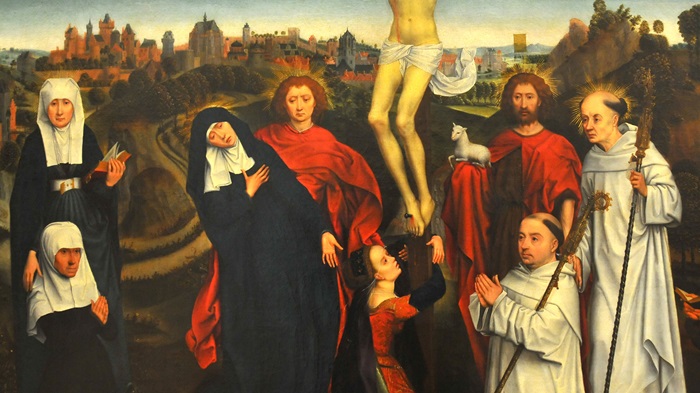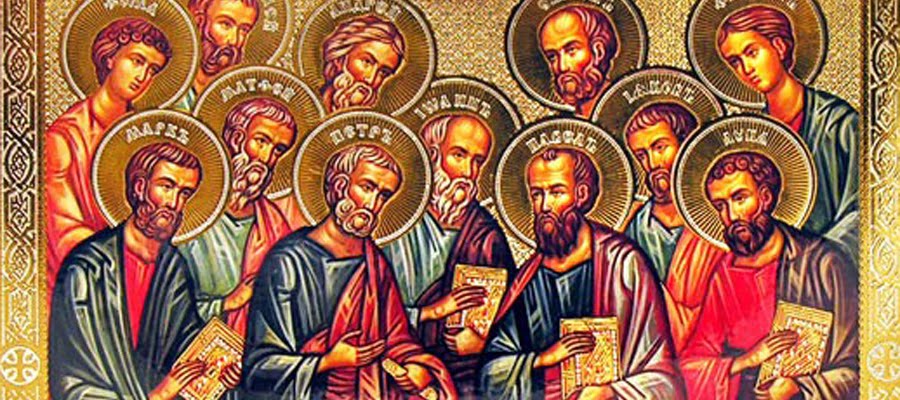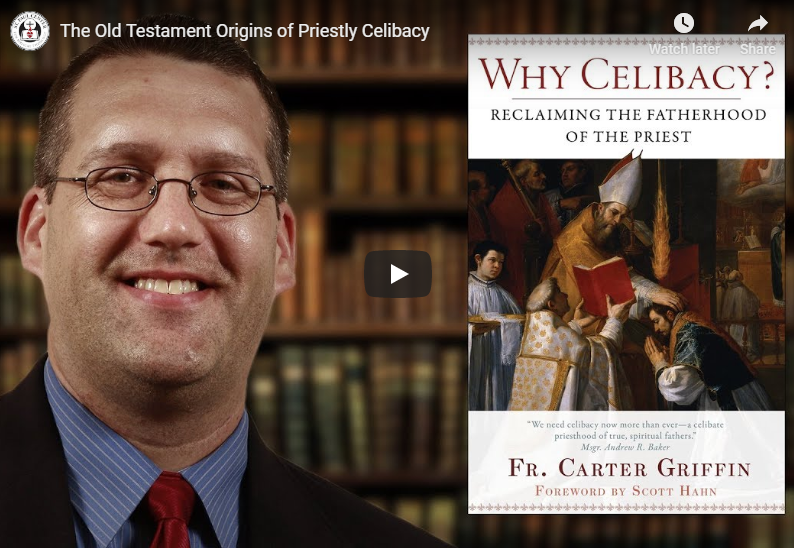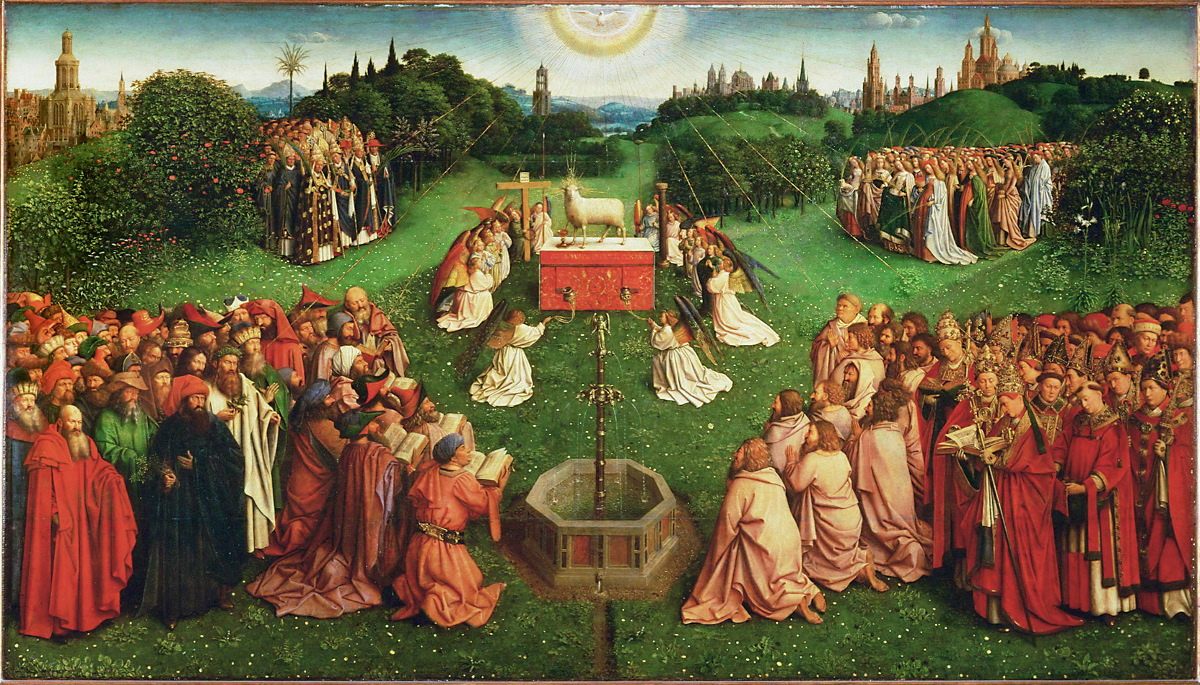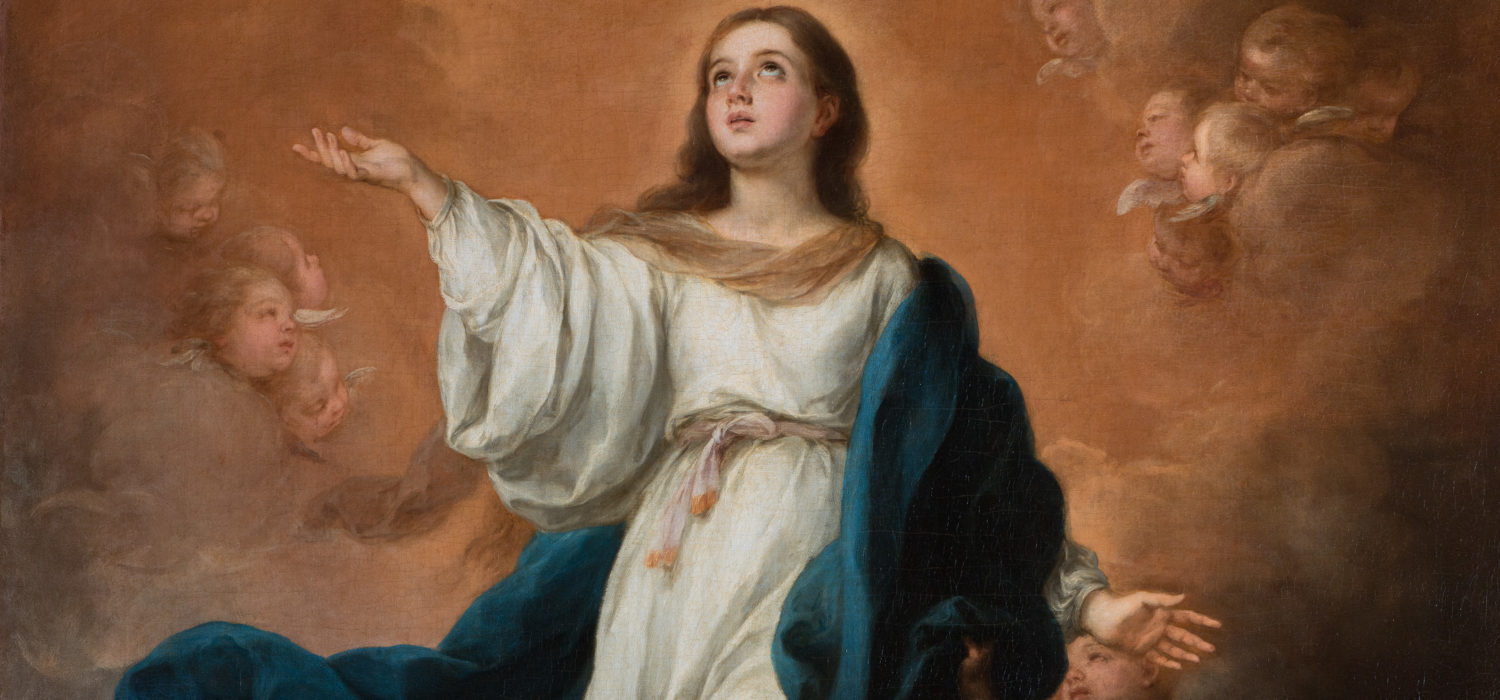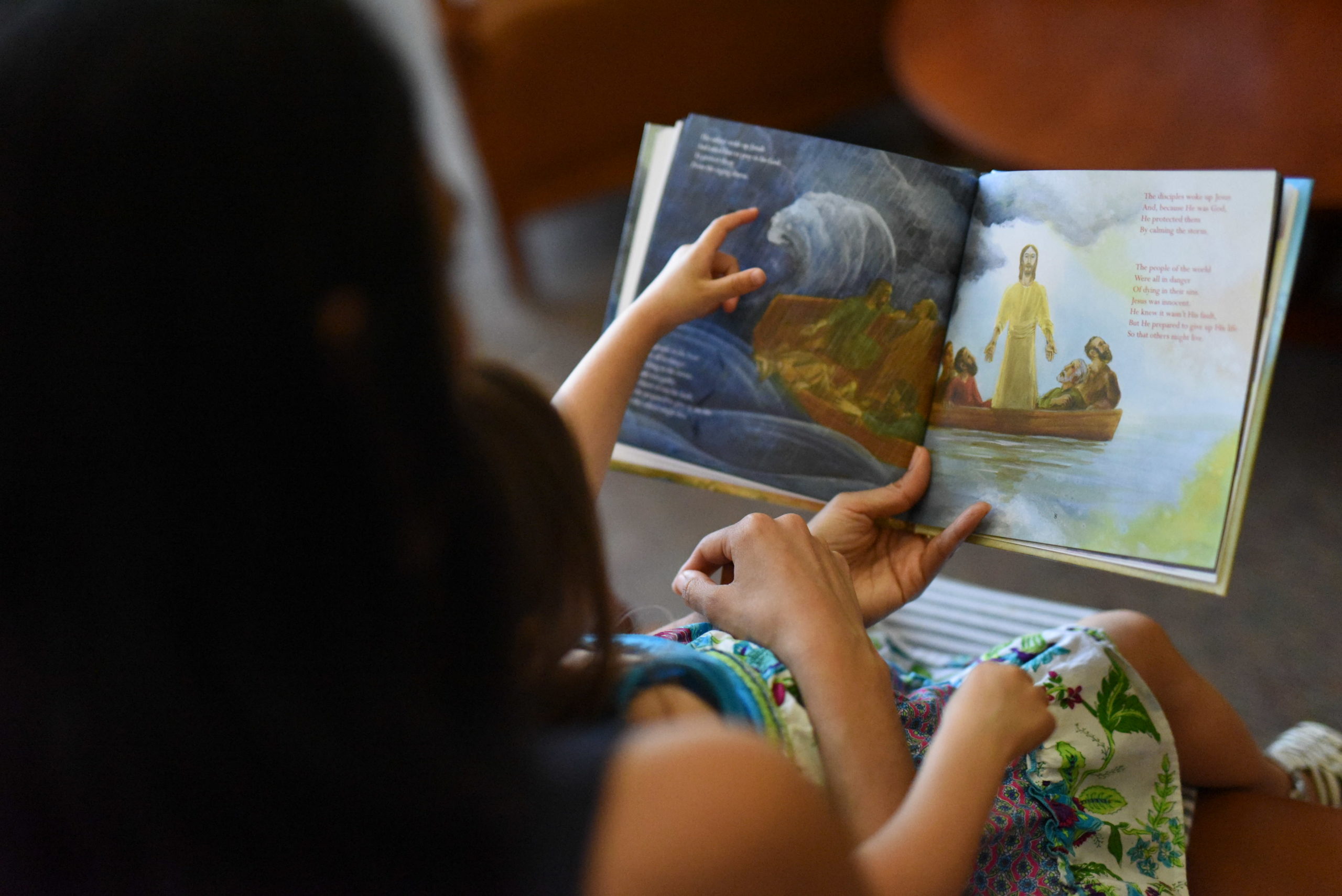Why Do We Have Original Sin if We Didn’t Eat the Apple?
The original holiness and harmony of our first parents in the Garden of Eden that we read about in Genesis 2 is quite different from the life we know today. Genesis 3 explains how human beings lost this original state through sin.
Why Do We Have Original Sin if We Didn’t Eat the Apple? Read More »



